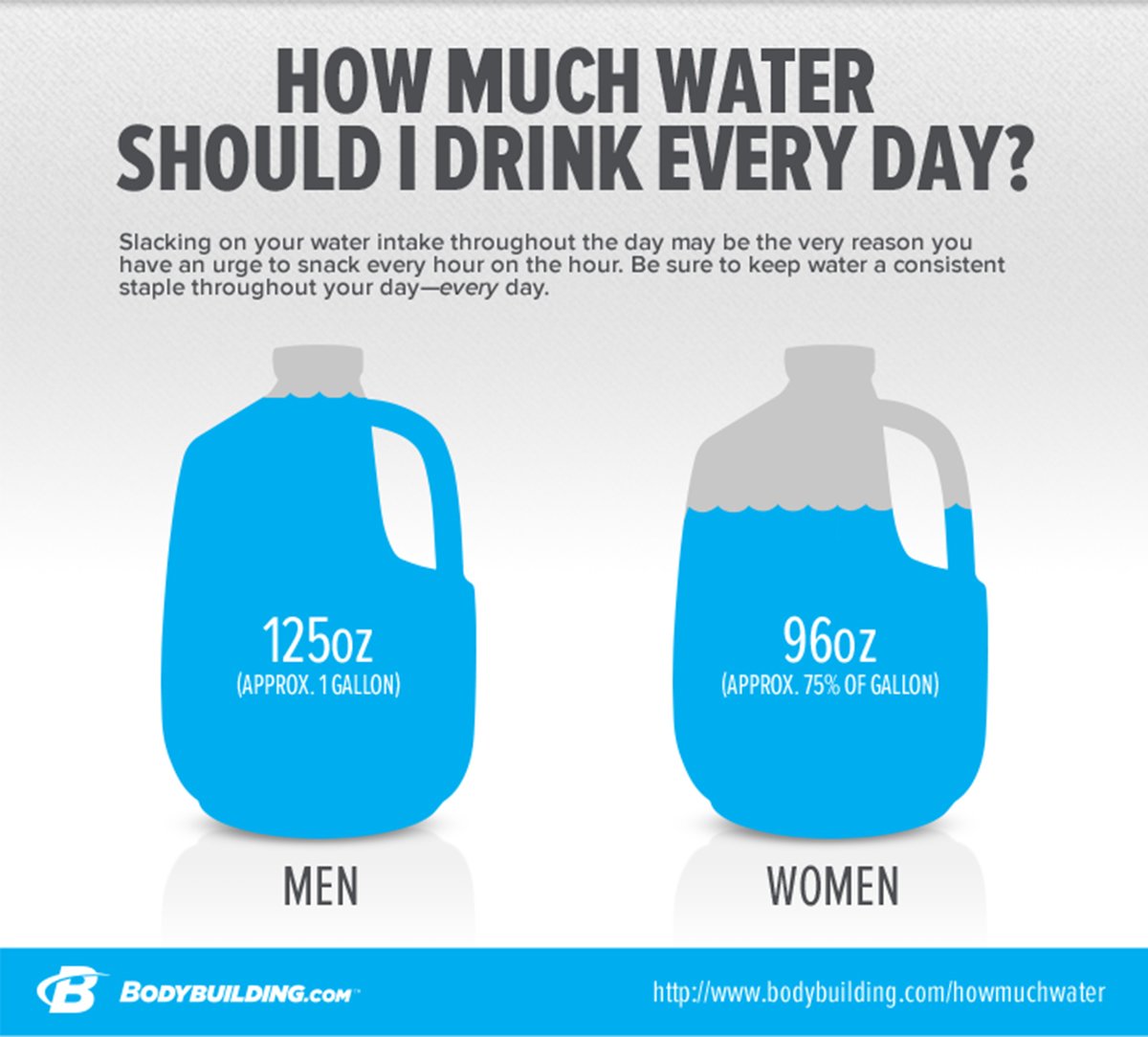

The main conclusion of the nearly 1,000-page report is the researchers did not find that fracking has “led to widespread, systemic impacts on drinking water resources in the United States.”īut it nonetheless outlined situations in which problems could occur, like when the fracking goes directly into formations that hold drinking water resources, wells are not adequately constructed or wastewater is not treated appropriately before being discharged into areas where drinking water is drawn. The process involves injecting water and chemical additives into wells at high pressure to break shale rock and unleash additional oil or gas. “It is the most complete compilation of scientific data to date, including over 950 sources of information, published papers, numerous technical reports, information from stakeholders and peer-reviewed EPA scientific reports,” he said.įracking is the main force behind the oil and gas renaissance seen in recent years in the United States, leading it to become the top gas producer in the world and putting it on a course to top oil producer. Burke, an EPA science adviser and top official in its research office, said in a statement. “EPA’s draft assessment will give state regulators, tribes and local communities and industry around the country a critical resource to identify how best to protect public health and their drinking water resources,” Thomas A. In what the EPA is calling the most comprehensive examination of existing data and science on the impact the controversial oil and natural gas drilling technique has on drinking water, it largely debunked concerns about extensive contamination of well water or other sources.Īnd while the draft report released Thursday is largely a win for industry, which has said for years that fracking is completely safe, the EPA recognized some “potential vulnerabilities in the water lifecycle that could impact drinking water.” 2016.Hydraulic fracturing has not caused any major harm to drinking water supplies, the Environmental Protection Agency concluded Thursday.

There Are Alternatives to Fracking: August 2014. University of Pittsburgh, Swanson School of Engineering, 9 Oct. High volume hydraulic fracturing operations: potential impacts on surface water and human health, International Journal of Environmental Health Research, 26:4, 361-380, DOI: 10.1080/09603123.2015.1111314

These turbid water not only threatened drinking water quality and human health, but also increase the difficulty of initial treatment of water because soil particles in the water can shield microbes, and thus increase the risk of wastewater pollution (Mrdjen &Lee, 2016). This will cause issue with drinking water because the sediment and the eroded soil produced by HVHF wells will increase the survival rate of pathogens, such as Giardia and Cryptosporidium. The construction of HVHF wells lead to large area of vegetation been removed, the construction of dirty road and the precipitation in the construction area can contribute to turbidity increase in the water source nearby (Mrdjen & Lee, 2016). As a result, when construct HVHF wells, land clearing and road paving are needed. Areas with large amount of HVHF wells are usually rural and undeveloped region, where infrastructure are lacking. In addition, fracking also threatened drinking water and human health. In areas already experiencing droughts, fracking only makes the water shortages worse. Of the water put in, only 30% (42 billion gallons) of the water input is returned (Ng). The US Environmental Protection Agency reports that up to 140 billion gallons of water are used for fracking every year (Rushton). Texas and Colorado have reported water shortages. There is no way to know the long term effects of fracking pollutants on groundwater.Īnother big concern with fracking is water shortages as the process requires significant amounts of water. Another concern is what these toxins and pollutants can do in the future. This is concerning and can lead to dire effects to the environment and the two individuals in effected areas. The Associated Press released a report that fracking has increased arsenic levels in Texas, cancerous benzene in Colorado groundwater, and toxic chemical compounds in Canada (Rushton). One of the major concern is water contamination and various reports have confirmed that contamination is a growing issue. Fracking has had multiple reported dangers, especially to water sources and health.


 0 kommentar(er)
0 kommentar(er)
